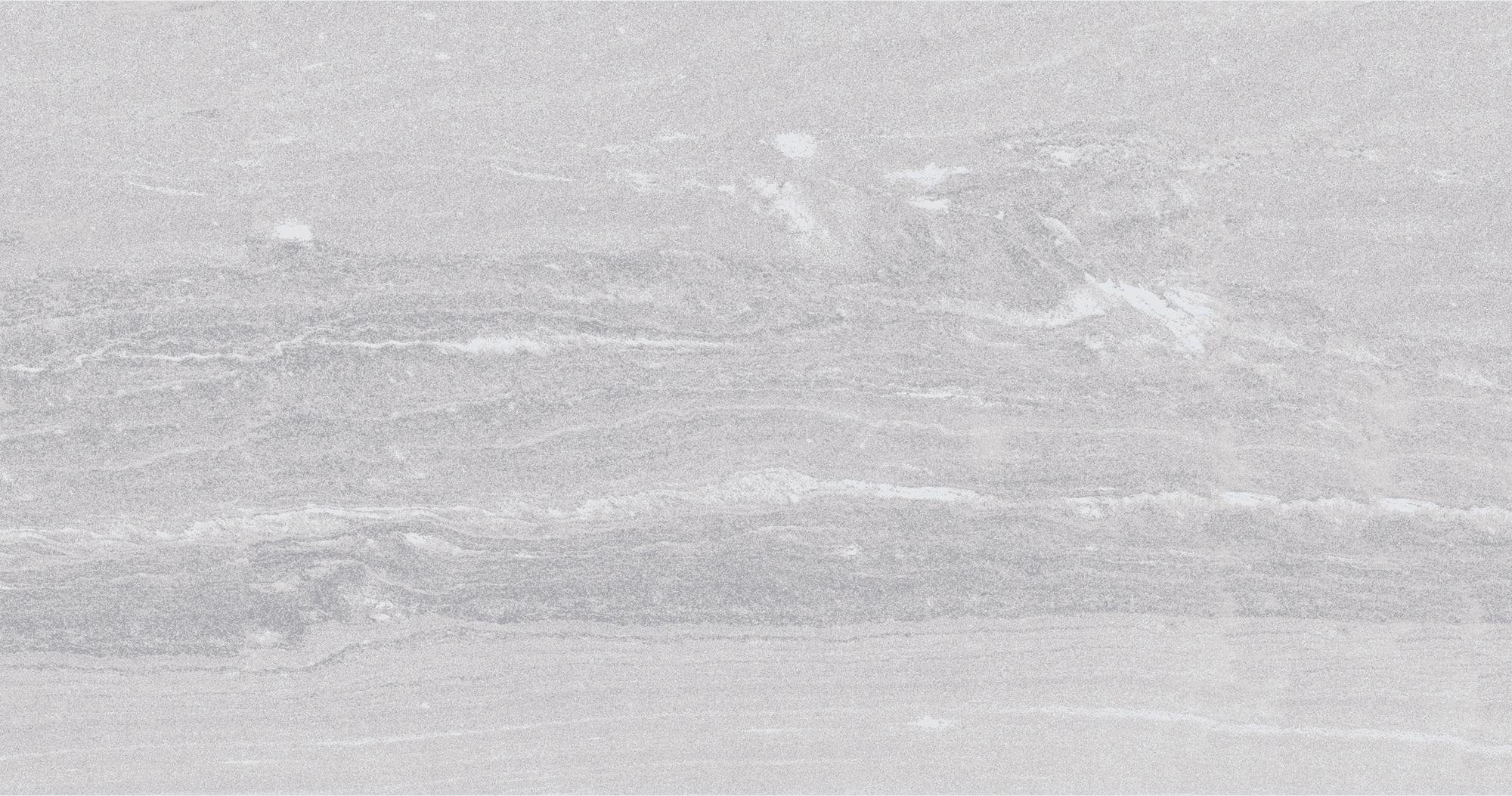
Care and Maintenance Guide
Granite Bench Top
Congratulations on your choice of a granite bench top for your kitchen surface.
Below you will find some care and maintenance information to help keep your new granite bench top in great condition for years to come.
What Is Granite?
Granite is a natural stone that originates from molten rock (magma) cooling and solidifying beneath the earth’s surface. Over millions of years, it forms into incredibly strong rock, which is then quarried in large sections. These blocks are sliced into flat slabs using diamond-edged tools and polished on one side, ready to be crafted into durable benchtops for your home.
Cleaning Your Granite Surface
To keep your granite benchtop looking pristine, clean it frequently with a mixture of warm water and a mild dish soap. A soft sponge or microfiber cloth works best for this. Most gentle spray cleaners are safe for use, but avoid harsh chemicals or rough cleaning products like abrasive powders or scouring pads, as these can damage the stone’s finish. Granite, when properly sealed, is resistant to common spills like vinegar, wine, lemon juice, and tea—but it’s still best to wipe up any spills promptly to maintain the surface’s appearance and integrity.
Ongoing Maintenance
Granite, although dense and strong, is naturally porous and can absorb liquids if left unsealed. Your benchtop has already been treated with a sealant to reduce this risk. Depending on how often the surface is used and the specific variety of granite, resealing may be needed every few years—often up to five. If you notice water leaving dark marks that slowly disappear, it’s time to reapply a sealer. Applying it is easy: spread evenly with a damp cloth, let it soak in, and then wipe off any excess with a clean, dry cloth. Resealing helps protect the surface from stains and supports a more hygienic environment.
Heat Considerations
While granite can tolerate moderate heat for short periods, direct and prolonged exposure to very hot items can cause damage, including cracks or discolouration from thermal stress. To keep your benchtop in great shape, always use a trivet or heat pad under hot cookware.
